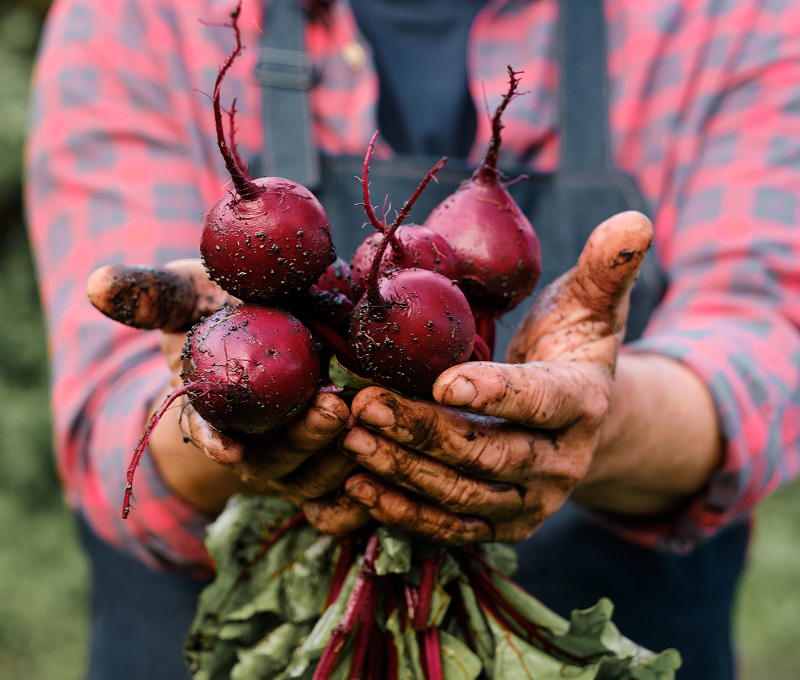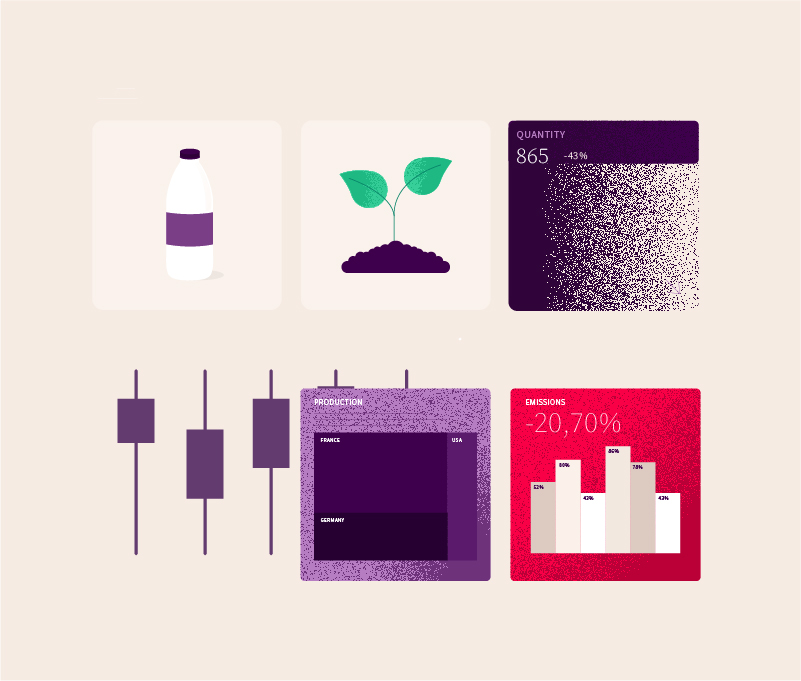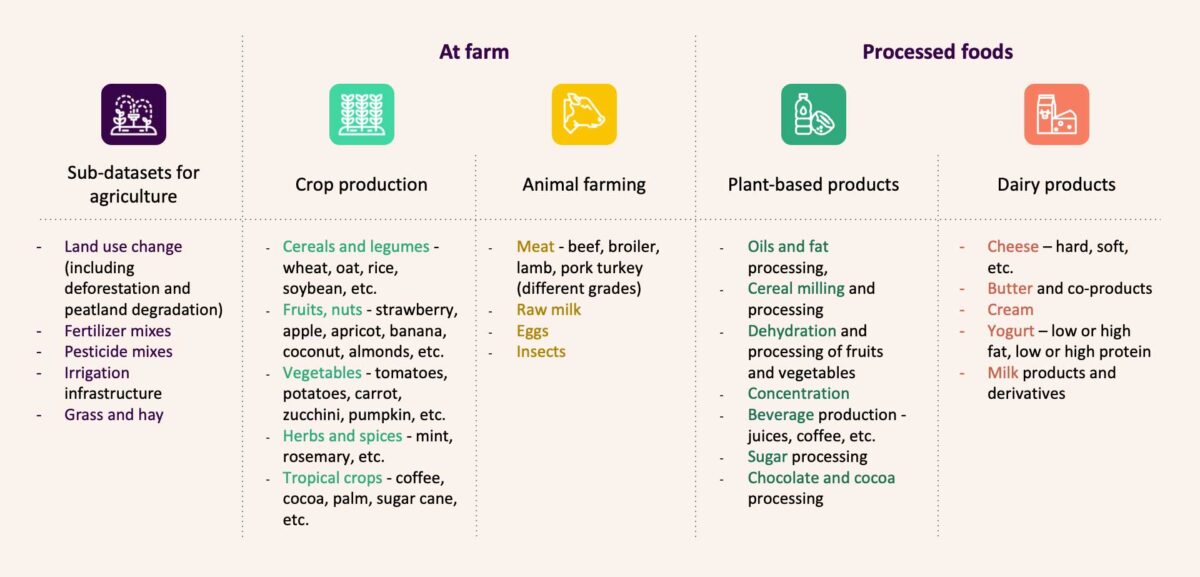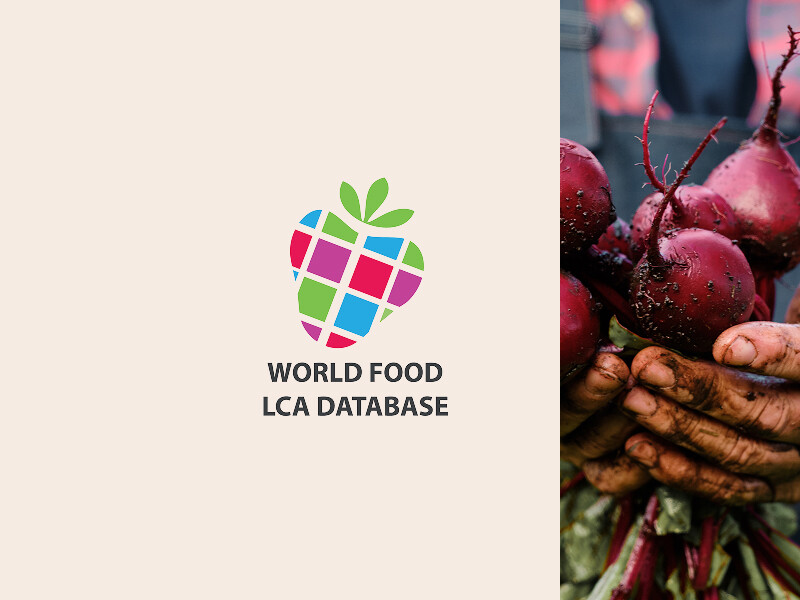Tap into global knowledges with 3,800+ datasets and 12,000 sub-datasets in 150+ countries.
Food-related activities account for an estimated 28% of global GHG emissions and are key drivers of land-use change, water consumption and pollution and biodiversity loss. Aligning current production and consumption models in the agri-food sector with planetary boundaries is vital for constructing a resilient food system and ensuring companies continue to thrive in a resource-constrained world.
To accelerate this shift, companies need ambitious science-based sustainability strategies built on robust metrics. The World Food LCA Database provides players across the agri-food value chain with high-quality emissions factors and environmental footprint data (including carbon, water, and land) to help them better understand the impacts of their products and bolster decision-making.
The World Food LCA Database can be accessed via our eQosphere software.


Leverage a world of data
The World Food LCA Database is a comprehensive, international life cycle inventory database and global initiative led by Quantis in partnership with leaders in the agri-food sector.
The database was launched in 2012 in response to a widespread need for reliable, transparent and coherent environmental data and a consistent methodology for assessing the impacts of agri-food products. WFLDB fills this critical gap by developing datasets reflecting average practices.

How Quantis can help
For two decades, our dynamic and visionary team has partnered with organizations across the globe to transform their industries and shape a new, planetary economy that aligns business with nature.
We guide industries on the transition from business as usual to business at its best.
-
Utilize global data for comparison
WFLDB aggregates a broad range of highly transparent, disaggregated and documented datasets: primary data from industrials or research organization, and secondary data from publications and statistics.
-
Cover all impact categories
Use WFLDB to evaluate impacts on nature (beyond carbon, covering water, land use, etc.)
-
Rely on expert guidance
WFLDB was developed in collaboration with international partners, including industrials, sector experts and research institutes. It has been reviewed by external experts.
